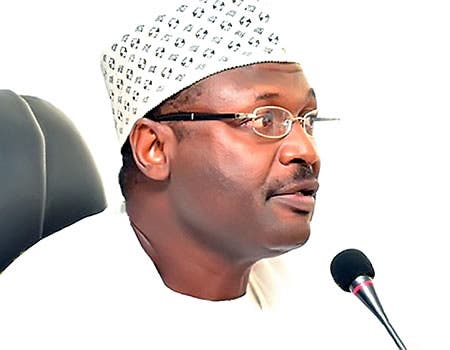The European Union (EU) has raised concerns about the autonomy of Nigeria’s Independent National Electoral Commission (INEC), according to the findings of the EU Electoral Observation Mission (EU-EOM) for the 2023 general election. The EU-EOM, which monitored the pre-election and post-election processes in Nigeria, noted that the lack of independence of INEC poses challenges to its operation. The report highlighted issues with the recruitment process of senior personnel, including commissioners and Resident Electoral Commissioners, as they are appointed by the sitting president, subject to Senate confirmation. The EU-EOM emphasized the importance of ensuring the selection process is transparent and based on merit and qualifications to safeguard the independence and efficiency of the institution. The report also raised concerns about the accountability and professionalism of some RECs and recommended measures to establish a more inclusive and publicly accountable mechanism for selecting candidates for INEC positions.
In addition, the EU-EOM expressed reservations about the deployment of technology by INEC during the election. The report highlighted deficiencies in transparency related to the hardware and software specifications, test results, audits, procurement details, and transmission of results. It criticized the limited scope and timing of the mock exercise conducted by INEC prior to the election, which hindered the substantive testing of operational issues. The EU-EOM recommended that INEC ensure transparency and allow for public scrutiny of election technology by disclosing test and audit results, protocols, guidelines, implementation methodology, procurement details, and functionality information in a timely manner.
These findings and recommendations by the EU-EOM add to the ongoing discussions surrounding INEC’s independence, the use of technology in elections, and the need for transparency and accountability in Nigeria’s electoral processes.










